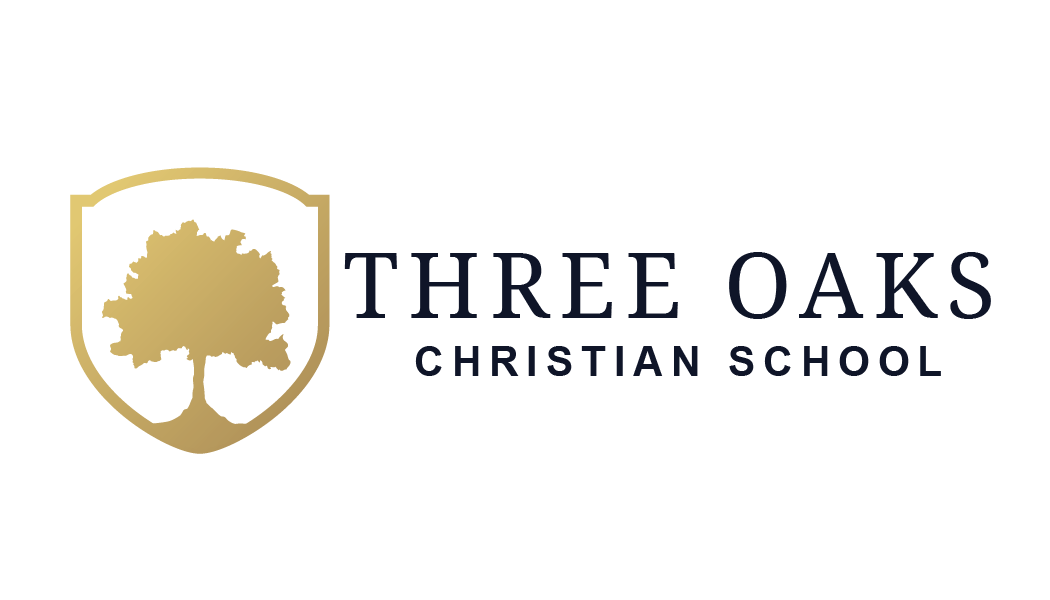I don’t have a green thumb when it comes to my garden or potted plants. More than once when I commented on my mother’s beautiful potted plants in comparison to mine, she has reminded me that she started with good soil. When my husband and I decided to start a garden a few years back, we spent a lot of time, research, and a bit of money to obtain a good soil in which to plant the crops. I have learned that the key to growing healthy plants, especially trees, is determined by the type of soil in which they are planted. If the soil is poor and lacks necessary nutrients, the soil must be amended and enriched in order to produce a healthy plant. The tree will eventually die if this doesn’t happen.
Purpose
There are many varieties of trees – ornamental, fruit and shade trees. Each tree is planted for a particular purpose. It is exciting to plant apple, peach and plum trees for the fruit they produce. Of course, planting maple and oak trees provide enjoyment as you watch them grow from small seedlings to mighty trees that provide cooling shade during hot summer months.
God’s Plan
There are many significant references to trees throughout the Bible. Of course, the first tree we think about in the Bible is the tree of knowledge of good and evil. When Adam ate the fruit of this tree, sin entered the world and we all know the fatal consequences that followed from that one act. The fig tree is another tree mentioned specifically in the Bible. It was the leaves from this tree that Adam used to try and hide his sin from God. The tree of life is another tree we are aware of, and Adam and Eve were expelled from the Garden so that they would not eat of this tree and live for ever in the state of sin. The Bible also talks about the cursed tree on which Jesus, God’s Son, shed His blood for man’s sin.
There is no question that trees play an important role in God’s plan for mankind. One of the most interesting analogies related to trees in the Scriptures is its use as a metaphor for a person’s life. One of the most familiar examples of this metaphor is found in Psalms 1 and Jeremiah 17. God says that a man who avoids ungodly counsel and meditates in the law of the Lord day and night is like a tree planted by the rivers of water. Such a tree is always fruitful and prospers at all times.
But his delight is in the law of the Lord,
And in His law he meditates day and night.
He shall be like a tree
Planted by the rivers of water,
That brings forth its fruit in its season,
Whose leaf also shall not wither;
And whatever he does shall prosper. Psalm 1:2-3 (NKJV)
Fruit
When our lives are planted in the right soil, we are fruitful and prosperous. This is important because the Scripture also emphasizes the importance of a person bearing good fruit. In fact, we are known by the fruit we produce.
You will know them by their fruit. Do men gather grapes from thornbushes or figs from thistles? Even so, every good tree bears good fruit, but a bad tree bears bad fruit. A good tree cannot bear bad fruit, nor can a bad tree bear good fruit. Every tree that does not bear good fruit is cut down and thrown into the fire. Therefore by their fruit you will know them. Matthew 7:16-20 (NKJV)
So how do we grow healthy, fruitful trees? The analogy of growing a tree also refers to growing fruitful children, families, churches and communities. The key is to make sure they are planted in fertile, rich soil. The soil must have the necessary nutrients to produce healthy trees. The soil we plant our children, families, churches and communities in can be described as the prevailing worldview.
Worldview
The prevailing worldview held by individuals, organizations and the culture, in general, determines the richness of the soil in which these things grow and mature. Every child will be planted in a home and some form of school. For children raised in Christian homes, they will, most likely, also be planted in a church. The education (nutrients) that a child receives in these institutions will be determined by the worldview these institutions hold.
There are basically two types of worldviews. You can have either a man-centered worldview or a God-centered worldview. A man-centered worldview is basically secular in nature while a God-centered worldview can be described as a biblical worldview. These two worldviews are in total opposition to one another.
The question that must be answered is what worldview is forming the soil of our homes, churches, schools and communities? The answer may not be what we think it is.
This article was adapted from Glen Schultz of Kingdom Education Ministries http://kingdomeducation.org/growing-healthy-trees/
